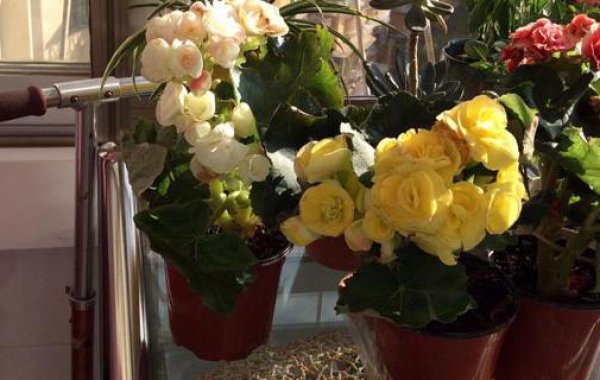Learn about several pesticides forbidden to be used on flowers
Pesticides play an important role in plant and crop cultivation, but although some pesticides are good for crops, they cannot be used in flowers and fruit trees.
Flowers and fruit trees are relatively special crops, due to their different types, differences in growth and development stages, some are more sensitive to pesticides, so pay special attention to the selection of pesticides, which pesticides can not be used must remember. Small series for everyone to sort out the pesticide varieties that can not be used on flowers and fruit trees.
Dimethoate, omethoate: kiwi fruit is particularly sensitive, taboo; plum blossom, flowering plum, flowering crabapple and other rose ornamental plants and apricot, pear, can produce obvious phytotoxicity; dimethoate shrimp clothing flowers, coral flowers are also very harmful, if in 6-10 months using omethoate spray, often causing petals withered roll, lose its ornamental value.
Dichlorvos: Dichlorvos has obvious phytotoxicity to ornamental plants such as plum blossoms and cherry blossoms, as well as peaches, apricots, pears and pears in the 20th century. Under normal circumstances, other kinds of pesticides should be used instead. Dichlorvos also has different degrees of phytotoxicity to rhododendron, steamed bread willow, kiwi fruit, locust tree, walnut, etc., so it should be very careful when using pesticides to control pests of these plants, so as not to cause unnecessary losses.
Trichlorfon: on cherry blossoms, plum blossoms, etc. are phytotoxic.
Stone sulfur mixture: peach, plum, plum, pear and other plants have phytotoxicity, if used on these plants, spray in the deciduous season, do not use in the growing season or flowering period.
Fenitrothion: In the high temperature season, fenitrothion is used to kill insects, which has serious phytotoxicity to pomegranates and certain damage to cruciferous flowers.
Bordeaux mixture: peach and plum in growing season are sensitive; pear, apricot and persimmon are prone to phytotoxicity when the dosage is lower than double, and grape is prone to phytotoxicity when the dosage is higher than double.
Related
- What if the leaves of potted flowers turn yellow?
- Florescence Control of several Flowers
- Anti-freezing technology and post-freezing nursing technology of flowers
- What is the classification of flowers? What are the common methods of flower classification?
- Prevention and control of alkali and acid damage of flowers in courtyard
- Technology of Anti-freezing and restoring growth of Flower seedlings in greenhouse and greenhouse
- How does flower fertilization not hurt the root? Fertilization technology of flowers
- Key points of disinfection in flower greenhouse
- Several pesticides that are banned or used cautiously in flowers
- How to fertilize the flowers that watch the leaves?



